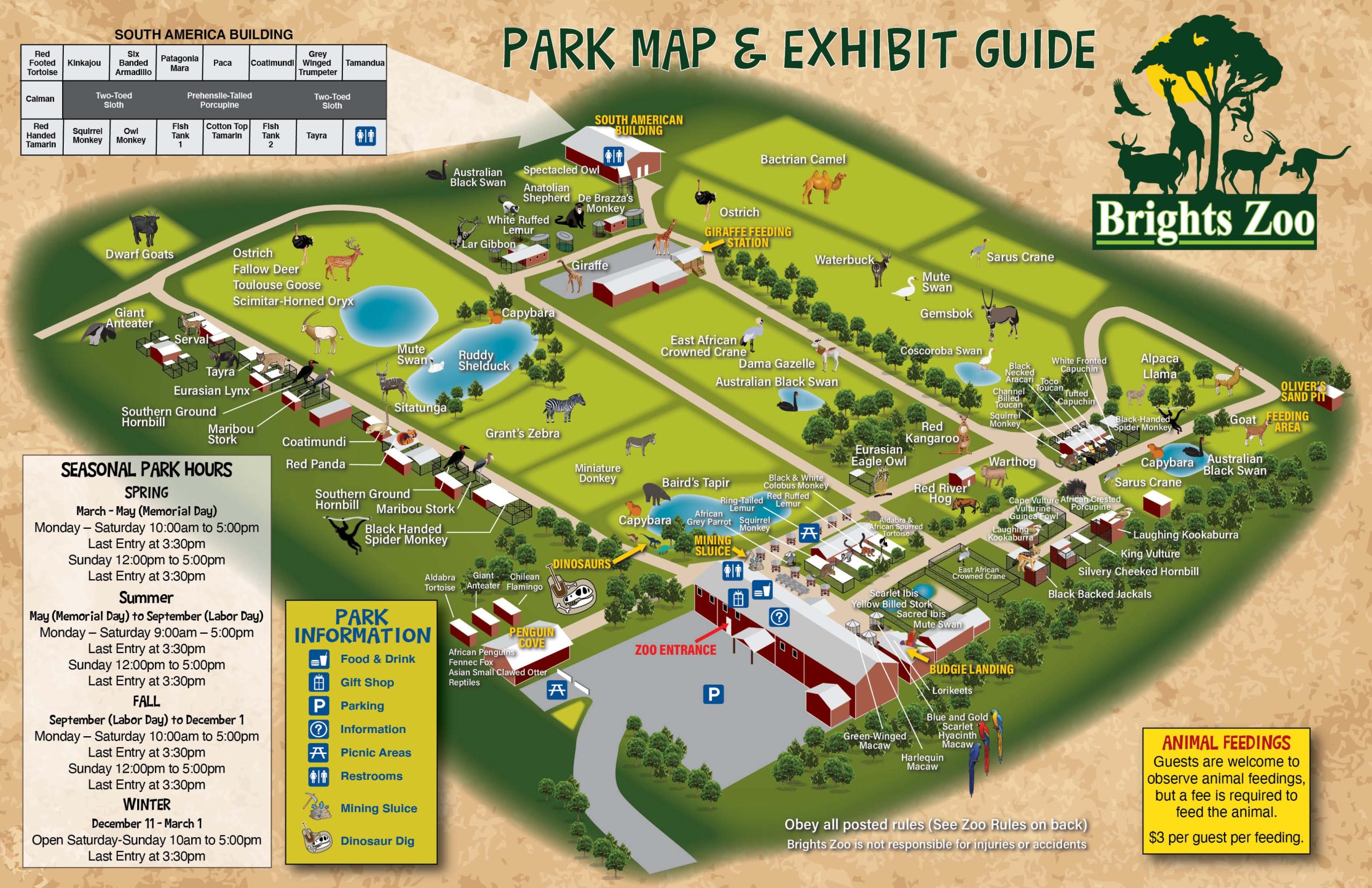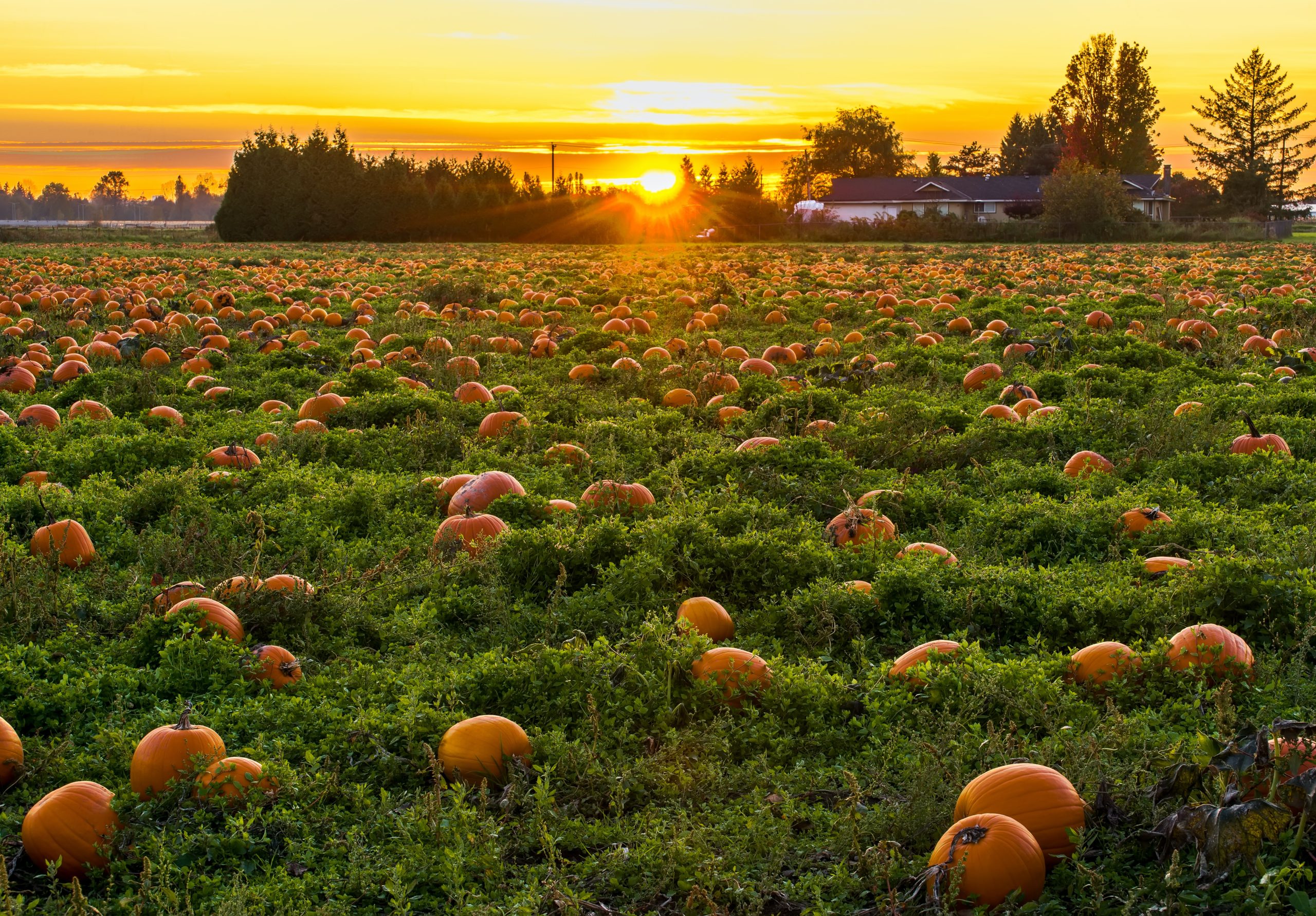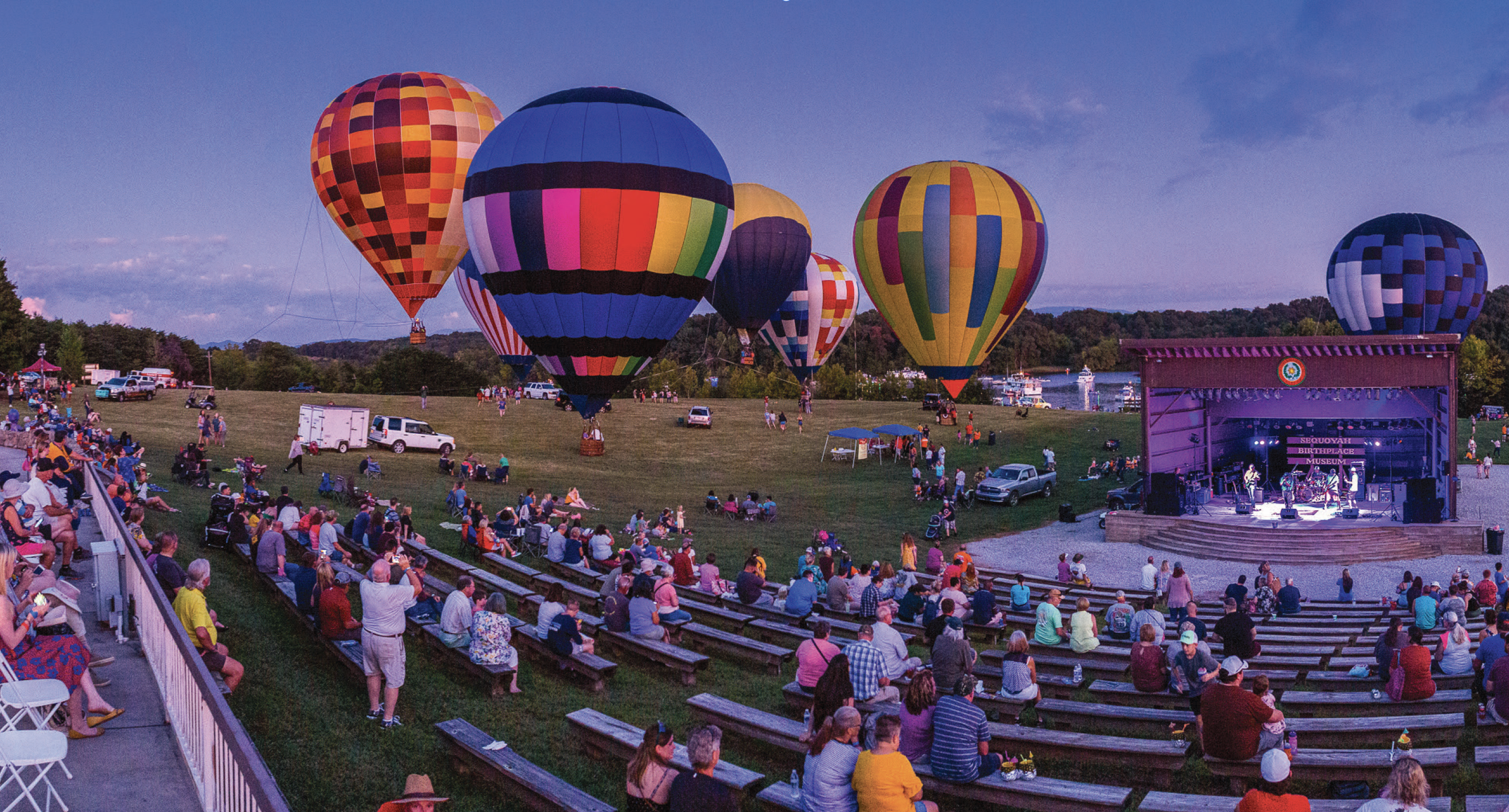Suddenly, you come upon a bright opening. A sense of adrenaline grips you, and you slowly make your way through the threshold. You emerge to a sea of bright orange, hear the roar of over 100,000 cheering fans and breathe in an air of pure excitement. Slowly your eyes descend to the surface, finally settling on the 50 yard line, where a giant orange T proclaims so boldly that this is
Vol country.
Neyland Stadium: it has been the pride of Knoxville since it was first constructed in 1921. Since then, it has hosted some of the Volunteers’ greatest victories, with six national title banners hanging gloriously over the far side of the stadium. All in all, it cannot be argued that Neyland Stadium itself is the centerpiece of Knoxville. Yet what makes it so grand? What makes the experience of Neyland so unique and wonderful? The field, of course. With that perfectly mowed grass, the incredibly precise upkeep and that all-too-familiar checkerboard finish in each end zone. This is where Darren Seybold and his talented staff come in. As the Director of Sports Surfaces, Darren has been overseeing the maintenance of the field for five years. He has had twenty years of professional field management experience, ten of which was spent in Major League Baseball. We had a rare chance to talk with Darren and get a personal glimpse into his job and the challenges he and his staff face on a daily basis.
Q: In 1994, University officials decided to do away with turf and put in the natural grass surface we see today. Why was this decision made?
A: Well, as turf developed, Sports Service Directors like myself began to see some major flaws. One of the main downsides of having turf is the heat. Turf fields hold an enormous amount of heat, so the players feel a higher temperature than the fans, and they’re the ones working. Also, turf grass tends to not give as easily as natural grass. This leads to more injuries and twisted ankles. I’d take a divot from a player stepping too hard over a sprained ankle any day, and at the end of the day, it’s about making sure the players stay safe.
Q: What kind of grass is going to be used on the field for the upcoming 2015-16 season?
A: The grass we are using for this season is Bermuda 419. It is as top-of-the-line as it gets.
Q: We have seen games where the rain is coming down, yet the field doesn’t seem to be affected as much as it should. To what do you attribute this success?
A: Many people don’t know this, but the base of the field is actually made of sand. While this gives us some challenges in other areas, coupled with the field’s design, it does a spectacular job of draining the field.
Q: What are some of the major challenges you and your staff face maintaining this field?
A: After a game is over, we don’t waste a second. If you have ever been to a UT home game, you’ll see us fixing up the field before some of the players make it to the locker room. The field has to be mowed about five times per week during the season and repainted after every game. We also have state-of-the-art monitoring equipment, which monitors moisture, fertility and other factors that we have to constantly be aware of and regulate.
(Amazingly, we came to find out that Darren and his staff of only 33 are responsible for not only Neyland, but all thirteen of the major sports facilities at the University of Tennessee, including Baseball, Softball, Track and others.)
Q: What do you think of the fans here in Knoxville?
A: Well, let me tell you. When you are talking about big-name schools in the SEC (and trust me, I know, I grew up in Alabama and got my degree at Mississippi State), ever yone always claims they have the best fans. I can say without a doubt that the fans here in Knoxville, Tennessee, are by far the best fans in college football. Period.
Q: Is it a daunting task managing one of the greatest fields in college football, considering the pride that UT fans have for their football program?
A: We understand and share the passion that this city has for its Volunteers, and we work hard to make sure that the facilities are ready and safe for our players. We know that Neyland is what matters to people. It’s always been the standard where football stadiums are concerned, and we are going to make sure it stays that way.








